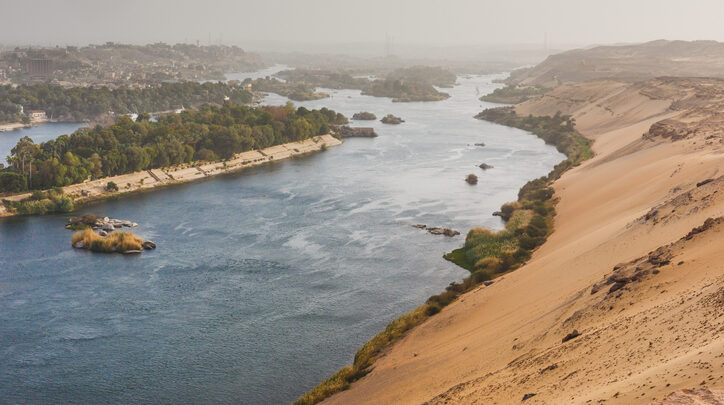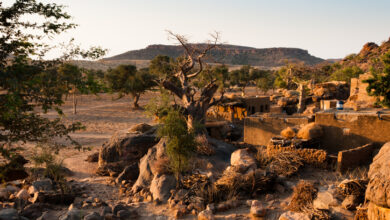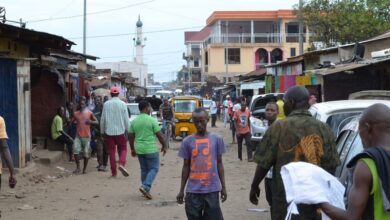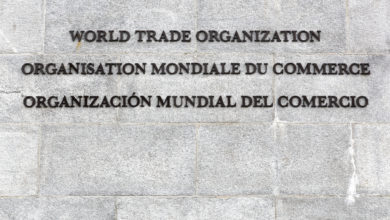World
Nile Dam Issue: Ethiopia, Egypt, Sudan Ministers Resume Negotiation Talks In Cairo

The irrigation ministers of Egypt, Ethiopia, and Sudan have begun high-stakes negotiation talks in Cairo aimed at resolving a dispute over a multi-billion dam, dubbed the Great Ethiopian Renaissance Dam (GERD), being built by the Ethiopian government, reported Africa News.
The American and World Bank officials have also joined the ministers for the talks. It’s the second round of technical talks on the dam issue since a breakdown prompted Egypt to appeal for international mediation. Last month, the White House hosted the foreign ministers of Egypt, Ethiopia, and Sudan, who agreed to move talks forward. Talks had previously broken down over rules regulating the dam’s filling and operations.
Ethiopia started building the GERD in 2011, claiming that it will allow it to become Africa’s biggest power exporter. But, the Egypt government is concerned that the dam, located near Ethiopia’s border with Sudan and approximately 70 percent complete, will restrict its already scarce share of water from the Nile, which is a lifeline for the country’s 100 million people.
The Ethiopian government, on the other hand, contends the multibillion-dollar dam project is crucial to its economic development and, at its peak, will generate more than 6 000 megawatts of electricity.
Cairo wants Ethiopia to agree to release a minimum of 40bn cubic metres of water from GERD annually. It has called out for the accompanying reservoir to be filled over a longer period than the four or so years proposed by Ethiopia, in order to ensure water supplies remain sufficient in the event of droughts.
It is feared that the three countries could be drawn into conflict if the dispute is not resolved before the dam begins operating.
Sudan will host the next round of the talks on the dam project in late December. The final round of talks is expected to be held in Addis Ababa.






